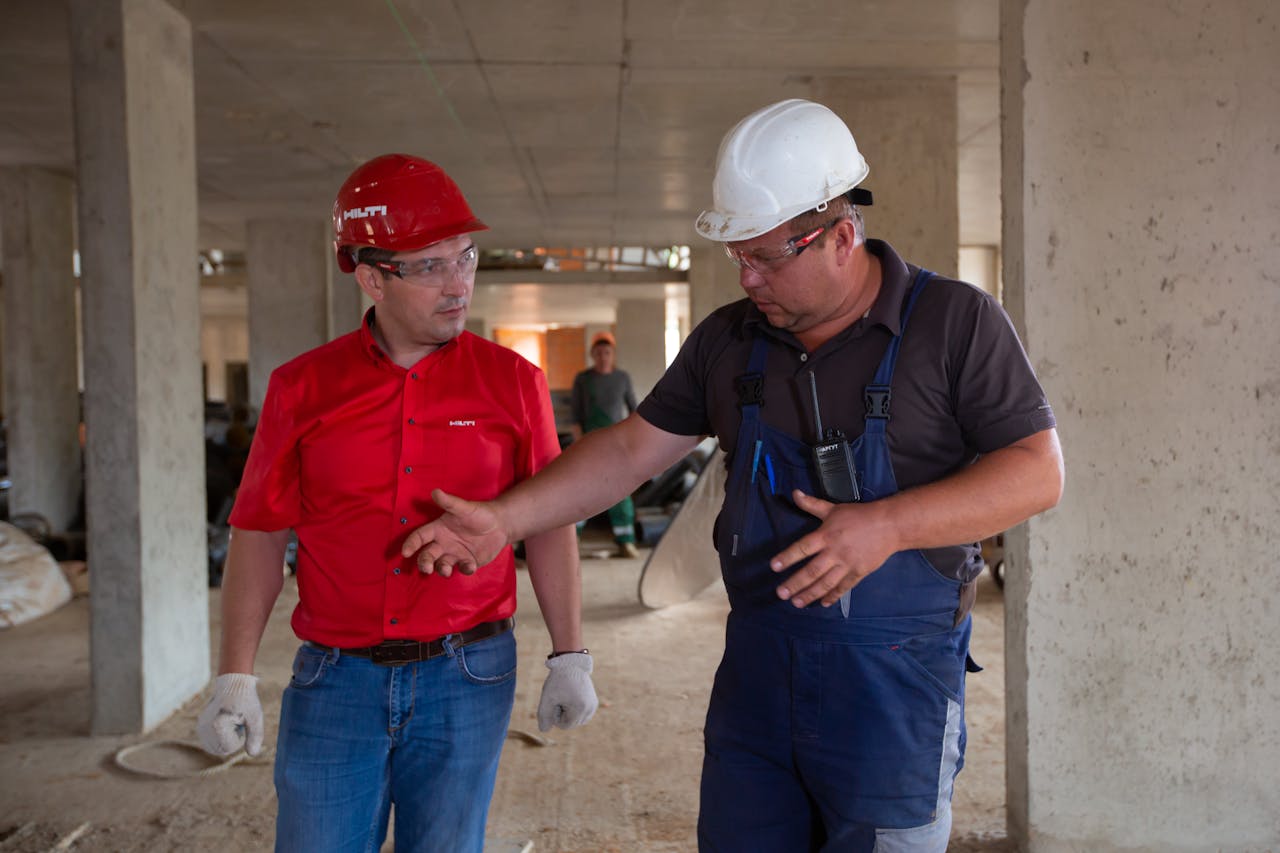
Michigan state officials are joining forces with construction companies and labor organizations to raise awareness about mental health in the construction industry.
Michigan men are not okay, and we need to talk about it.
Nearly 80% of the suicide deaths in Michigan that occurred in recent years were men, according to reports from the Michigan Department of Human Services.
Michigan’s male-dominated construction industry has felt the side effects of these deaths.
After construction jobs became limited during the COVID-19 pandemic, suicide deaths among men working in Michigan’s construction industry increased by 65% in 2022, according to the 2024 Michigan Suicide Prevention Commission Annual Report. That means 175 Michigan men who worked in construction died by their own hand that year.
With the number of filled construction jobs in Michigan at a 22-year high, state officials are encouraging construction companies to promote the importance of mental health in the workplace to the more than 204,000 people working in the field.
Every September, as part of National Suicide Prevention Month, construction companies across the US dedicate a week to raising awareness about the unique challenges workers face in construction that can lead to thoughts of suicide.
“We must continue to break down the stigma around mental health and equip workers with the resources they need to seek help when they need it most,” said Sean Egan, deputy director of the Michigan Department of Labor and Economic Opportunity (LEO), in a recent press release.
LEO is urging employers to talk to workers about workplace stress, mental health, and substance use, and to dispel myths preventing workers from speaking up about mental health challenges. It’s another example of state programs supporting Michiganders—especially those in rural areas—looking for more ways to live longer, happier lives.
“Together, we can create safer, more resilient workplaces by fostering a culture where mental health is prioritized just as much as physical safety,” Egan said.
If you or someone you know is in crisis or needs support, call or text 988. The Michigan Crisis and Access Line is free, confidential, and available 24/7.
Support Our Cause
Thank you for taking the time to read our work. Before you go, we hope you'll consider supporting our values-driven journalism, which has always strived to make clear what's really at stake for Michiganders and our future.
Since day one, our goal here at The 'Gander has always been to empower people across the state with fact-based news and information. We believe that when people are armed with knowledge about what's happening in their local, state, and federal governments—including who is working on their behalf and who is actively trying to block efforts aimed at improving the daily lives of Michigan families—they will be inspired to become civically engaged.


Gwen Frisbie-Fulton: ‘The people closest to the problem are often the ones who can find the solution’
About two years ago, tents started to show up in my neighborhood along the creek beds and in small stands of trees. Most only became visible when...

A love letter to the working class, from Gwen Frisbie-Fulton
It started in the back seat of my family’s Jeep Cherokee, the one with the broken AC and vinyl seats that stuck to my thighs in the late summer...

Fresh food, stronger farms: Michigan invests millions to support local agriculture
A new ‘Farm-to-Family’ grant program aims to connect Michigan farmers with more consumers, boost local economies, and build a stronger food system....

Rooted in Tradition: How Michigan’s Christmas tree industry is keeping the holiday spirit alive
Family farms—and traditions—help Michigan produce more Christmas trees than almost every other state in the country. GOBLES—Under a clear December...

How Gen-Z is helping rural Michiganders turn out to vote in the UP
Michigan is one of several critical swing states in this year’s election, and for Carly Sandstrom, a Marquette native and canvasser with the...





